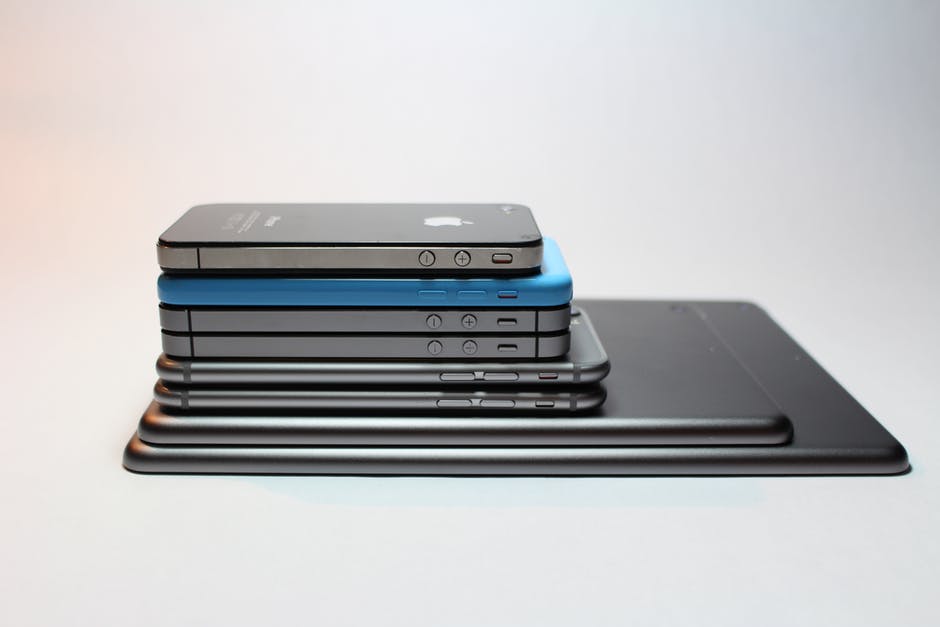These days, it’s rare to meet someone who doesn’t own a smartphone. Whether you’re a fan of Apple, Samsung, Motorola, or another phone brand, smartphones give us access to the entire internet right in the palm of our hands. They make it easy to communicate with others, get work done, and have fun. Smartphones are also handy for taking great pictures, watching videos, and even meeting new people. In this digital age, it’s hard to imagine not reaching for our phones throughout the day for updates.
Have you ever considered how your smartphone could be impacting your health? Maybe you’ve noticed that your vision has changed. Or that your neck seems sore at the end of the day. Perhaps your thumb begins to cramp after a full day of scrolling through your phone. Experts believe that quite a few medical conditions have cropped up that are entirely caused by the constant use of smartphones. To learn more about your smartphone could be affecting your body, keep reading.

1. Smartphones 101
Smartphones are different from traditional phones in that they have advanced mobile operating systems and stronger hardware. These devices allow us to browse the internet, listen to music, watch videos, and much more. Phones like these have numerous sensors inside that help to connect to Bluetooth, Wi-Fi, and GPS navigation.
Smartphones were originally intended to bridge the gap between PDA devices and cell phones. The early versions of smartphones were bulky and had a short battery life and unreliable data service. In the early 2000s, Windows, Blackberry, and Motorola all had popular smartphones on the market. It wasn’t until the iPhone launched in 2007 that the smartphone truly became mainstream.
